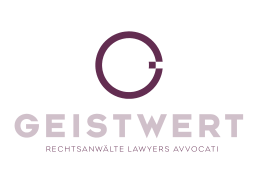License is an agreement through which a licensee leases the rights of IP from its proprietor (licensor) in order to use a product or a service. The UPC has jurisdiction over all European Patents with unitary effect and corresponding licenses, as well as over all classic European Patents and licenses, as long as they are not opted out from its exclusive jurisdiction. Practically, if a patent is opted out from the UPC, the license gets opted out too and the national courts are the only competent in this case. This rule does not apply when a licensee has already brought an action before the UPC and the proprietor subsequently decides to proceed in an opt-out. The right holder loses the ability to opt out and the UPC acquires exclusive jurisdiction over the case.
As a result, pursuant to Article 47 UPCA: “unless the licensing agreement provides otherwise, the holder of an exclusive license in respect of a patent shall be entitled to bring actions before the Court under the same circumstances as the patent proprietor, provided that the patent proprietor is given prior notice”. If the exclusive licensee commences any act before the Court, it is obligatory to give notice to the proprietor. On the other hand, concerning the non-exclusive licensees, they are not permitted to bring any infringement actions before the Court, if this is not explicitly stated in the agreement.
Complications:
The opt-out ability provided at the moment may provoke complicated situations, in which the licensee takes precedence over the proprietor in filling actions and the latter may lose the choice to opt out. This could have disastrous effects to patent proprietors, who have multiple licensees in various European countries, as it freezes the situation and forbids the use of the withdrawal mechanism. The patent basically remains unprotected against a global revocation action. Moreover, if a licensee lodges an action before the national courts and not before the UPC, the two parties may be deprived of significant advantages, such us the speed of the issued decision or the scope geographically wise.
Consequently, after the active introduction of the UPC regime, proprietors of patents and licensees are well advised to sit around the table and discuss the terms and conditions of their new contracts by entering detailed clauses governing the events of disputes. As far as license disputes concerned, the UPCA does not provide with relevant regulation. Thus, the UPC has no jurisdiction over disputes for license agreements and national courts will remain competent for this type of disputes.
